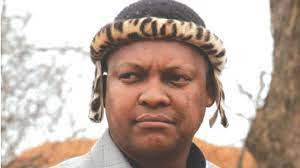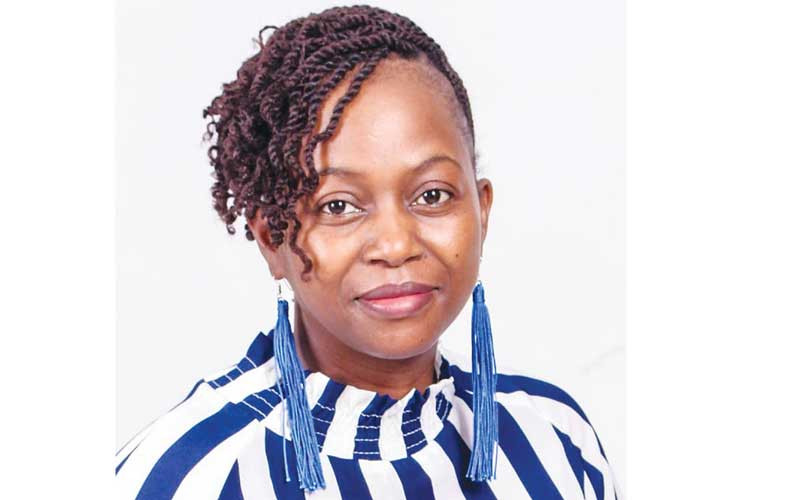
KUDZAI Dzingwa has been in the music circles for a long time, having begun playing the marimba instrument at Tamuka Primary School in Chitungwiza and later joined the Children Performing Arts Workshop Organisation during weekends and holidays.
His passion has seen him growing to be the most sought-after marimba player and teacher in local schools, including playing as a guest musician on collaborations.
Driven by the realisation there is a gap in the manufacturing and distribution of African music instruments, Dzingwa, a holder of a National Certificate in Music with the Zimbabwe College of Music, is now a household name in the manufacturing of furniture and foldable marimbas, including renditions of custom-made designs.
Dzingwa explained that his latest design of the electric semi-acoustic marimba enables artistes to carry their marimba instrument in the same manner they carry guitars and keyboards.
“In addition to that, the instrument is configured with a pick-up and a mini graphic equaliser for pitch correction. The instrument sounds loud enough to be heard at distances close to 500 square metres, which is the average size of an auditorium without being connected to a public address system,” he said.
“I wish to supply all the schools and colleges with the most suitable furniture and good sounding music instruments such as mbira, marimba and hosho (shakers). I ventured into the music instruments manufacturing business in 2010 and with the passage of time, I have since perfected the skill.
“I play marimba in bands and that’s how I came up with the innovation of downsizing the marimba music instrument to a hand instrument, adding foldable legs, pick-ups and carrier bags.”
Dzingwa has a single track, Changu Chijaya, to his credit.
- Covid-19 is here to stay, tighten your belts
- Covid-19 is here to stay, tighten your belts
- Causes of food inflation in Zim
- Composition of Gospel music
Keep Reading
He views his tour of the Sauti ZaBusara Festival in Zanzibar, as a back-up artiste and marimba player for Evans Mapfumo’s Kiati band, as the best experience ever in his music career.
“It was a great experience to perform at the Sauti ZaBusara Festival in Zanzibar and I wish I could have more of this experience. I also developed a deep passion for African music instruments as most bands took pride in playing their own traditional music instruments,” the marimba instrument maker said.
“Preparations are at an advanced stage to launch my debut music album titled Ndiringeyi, which carries the songs Chara Chimwe, Mukaranga Ndidewo, Zvawauya Zvanaka, Mhuka ine Mavara and the title track Ndiringeyi.
“The album Ndiringeyi reveals my struggles and efforts to achieve my goals in life and my choice to take the arts as a career.”
Dzingwa said he nurtured himself through the music of the late Oliver “Tuku” Mtukudzi, Thomas Mapfumo and Mike Mopo, which highly fuse music traditions of Zimbabwe and Africa.
He says each time he plays the songs of the above-mentioned icons, which he does regularly, he picks several things to learn from them.
“I often run short of capital and most of the time, struggle to meet the rising demand for music instruments,” Dzingwa said.
“I get hardwood from Bulawayo and transport it to Chitungwiza my home town. It usually takes me up to three weeks to manufacture a set of six marimbas and looking at the fact that the Harare Metropolitan province alone has in excess of 7 000 schools, including individuals who need the marimba instrument, I would like to be more industrial so that I satisfy the market while I get regular income.”
He encouraged the youth to attain professional qualifications for the careers of their choice instead of rushing into committing themselves to adult life.
His life reflects the slow pace at which the music industry has taken shape.
In spite of the increased demand for African traditional music instruments, industrialists have been a bit reluctant to accept and take the responsibility for manufacturing and supplying music instruments to schools.
As such, some musicians when they retire become music instrument manufacturers and it usually takes them sometime to reach the desired level of perfection.
“In 2009, we took part in the Zimbabwe Music Crossroads Music Competitions as Tamukira Marimba Band and we never lost hope after losing in the competitions,” Dzingwa said.
“I continued to refine my skills through performances and at industrial level through manufacturing music instruments.
“I wish to see the instruments I manufacture going into the global market and also growing my name through performances of marimba music.”







